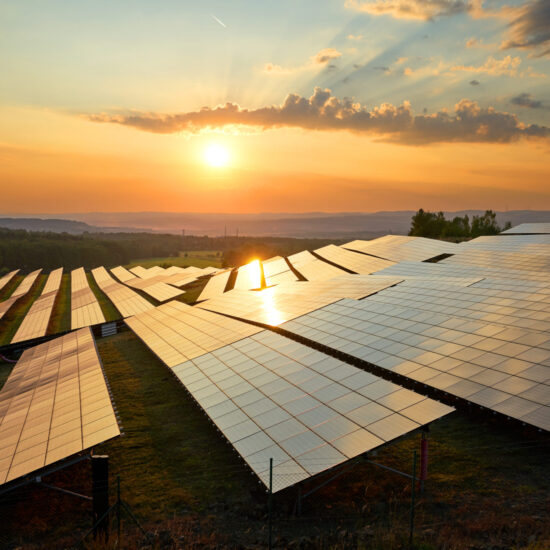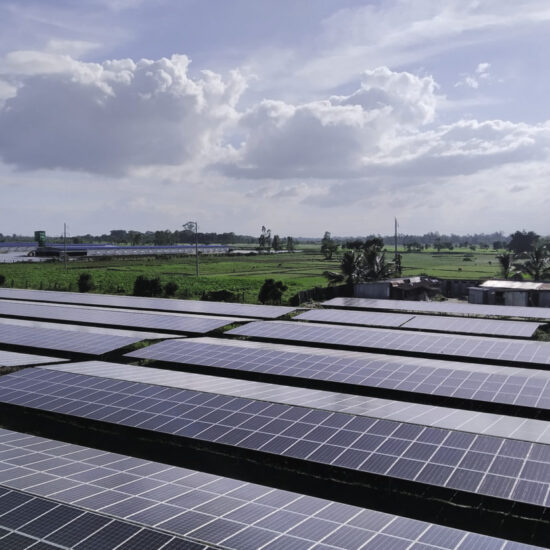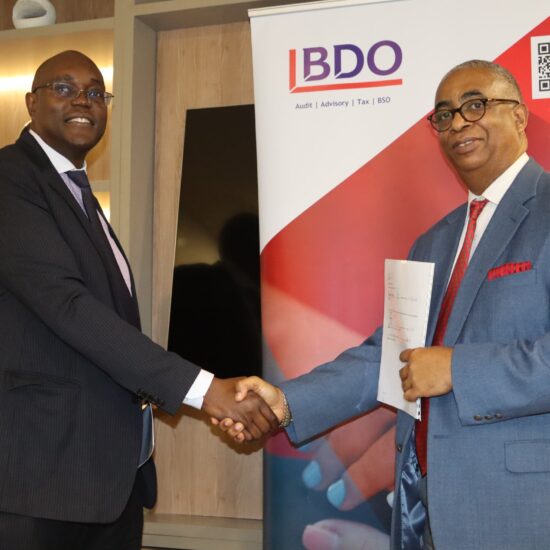
Zambia Association of Manufacturers (ZAM) outgoing President Ezekiel Sekele says he is hopeful that the 2022 national budget will make pronouncements that will focus on accelerating value addition and industrialisation.
Sekele said there is need to improve the performance of the manufacturing sector if the country is to grow the economy and value addition should be top of the agenda in order to reenergize the performance of the sector.
Speaking in an interview with the Zambian Business Times-ZBT, Sekele said the manufacturing sector currently contributes less than 10% to the Gross Domestic Product (GDP) and the vision 2030 talks about not less than 30% contribution to the GDP, therefore the need to raise the contribution of value addition from 8% to above 20%.
He said the association would like to see measures that will revamp value addition across all sub sectors such as agriculture and mining adding that the mining sector should also focus on finished products and not sending raw materials outside the country.
“We know that electric vehicles will be the thing for the future so we would like to see a kick start to accelerate the pace for value addition”, he said. He said there is need to drive and support more of local sourcing of raw materials and value addition in various sectors including the timber subsector as well as cotton sub sector in order to do away with second hand clothes.
“We have given many examples to the Ministry of Finance in our submission; we need to see more done in the cotton subsector. Cotton is being exported largely but there is a lot that can be done to add value to cotton and all related textile garments input raw materials that can be sourced locally. We need to begin to produce our own textiles in the country and empower individuals selling second hand clothes”, he said.
He noted that there is need to revise policy measures that have continued inhibiting the growth of the manufacturing sector adding that manufacturers importing goods from outside the country, which are not readily available locally, should be given some relief and not be taxed.
He added that value addition should be accelerated for goods that can be import substituted noting that driving accelerated conversion to value addition would entail the country enjoying all the benefits that come from having value addition premised on local sourcing.
“For those items and equipment that cannot be produced locally in Zambia, there is no harm, let’s continue to import but give some relief measures to allow companies bring these items into the country”, he said.
Sekele said there is need to attract companies that can manufacture goods that the country imports because imports put a lot of pressure on forex, so setting up such companies in the country would reduce the pressure on forex as well as create more jobs and the goods currently being imported would be readily available in the country.
“Poultry industry, we are still importing poultry into the country, dressed chickens, smoked chickens, there is a lot of value addition that can take place in that sub sector”, he said.
He said the association presented the tax policy changes that they would like to see to Finance Minister Situmbeko Musokotwane and is hopeful that the minister will step up and ensure to give some relief to the manufacturing sector.
“Once the manufacturing sector is given the needed support and kick start, and particularly value addition that is premised on local sourcing for shared prosperity, there will be more jobs for citizens and we are hoping youths and women find their space as SMEs within the manufacturing sector”, he said.
Copper continue to be exported in semi-processed form, can we attract more upstream companies to locally manufacture electric car components? How can the existing copper wire and cables companies be further supported to grow their share of exports and cut down exports to semi processed copper?







